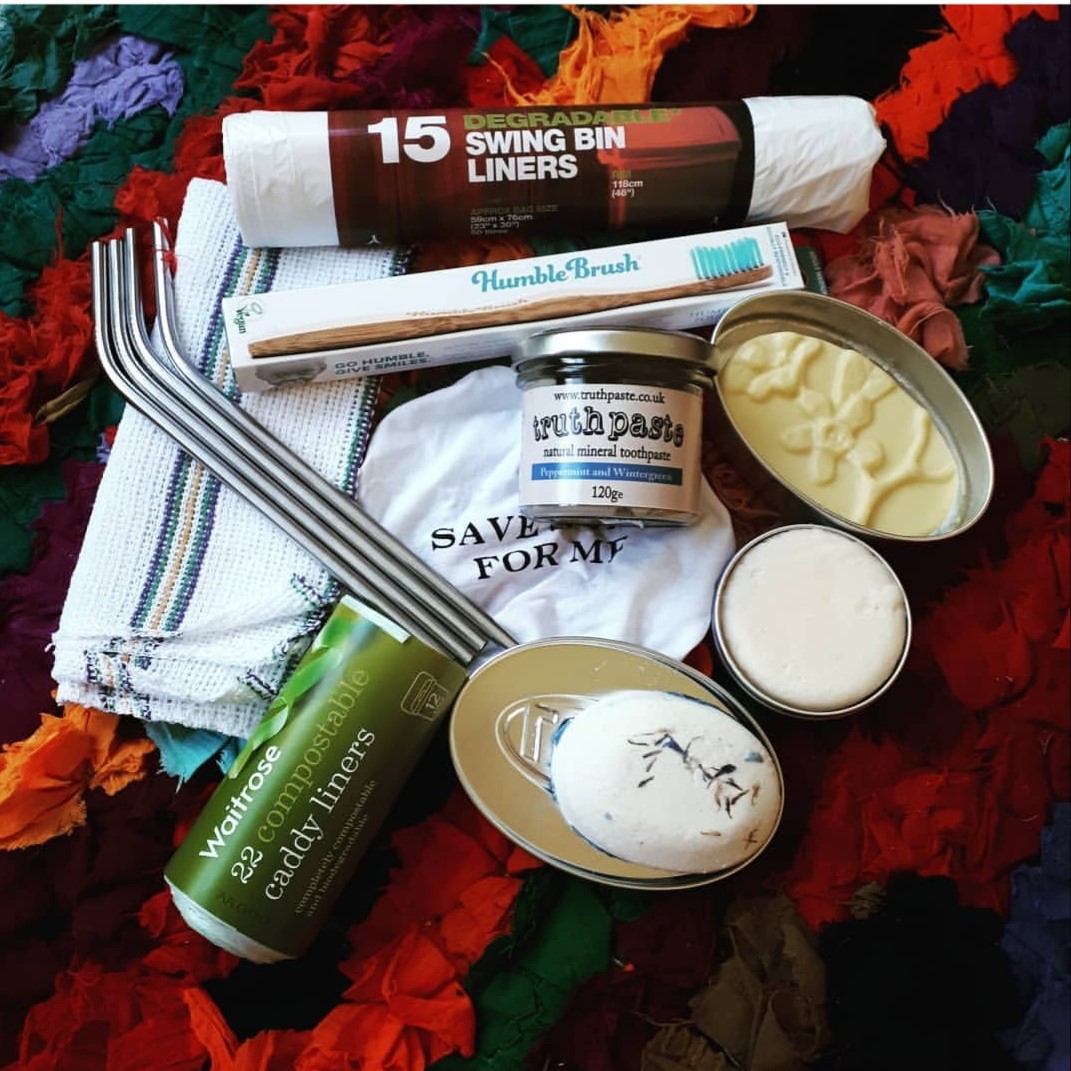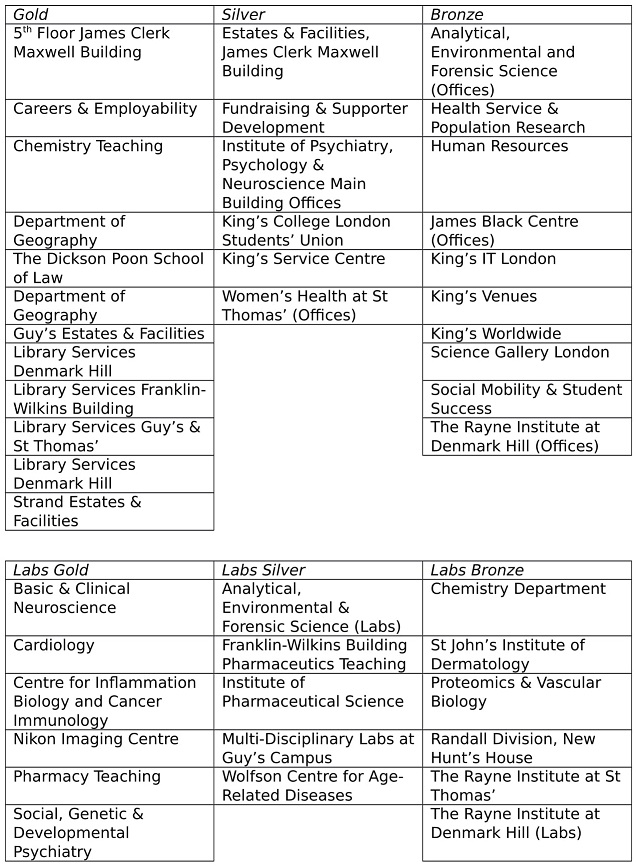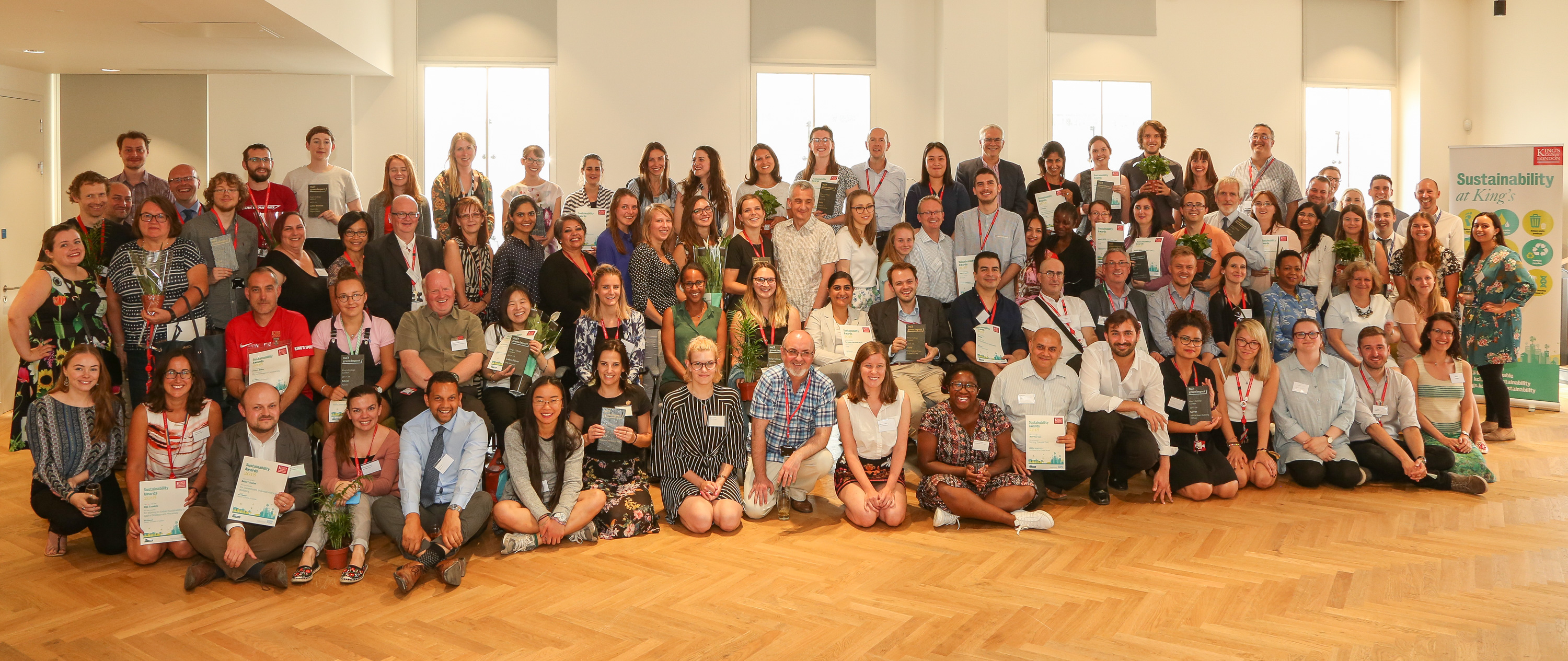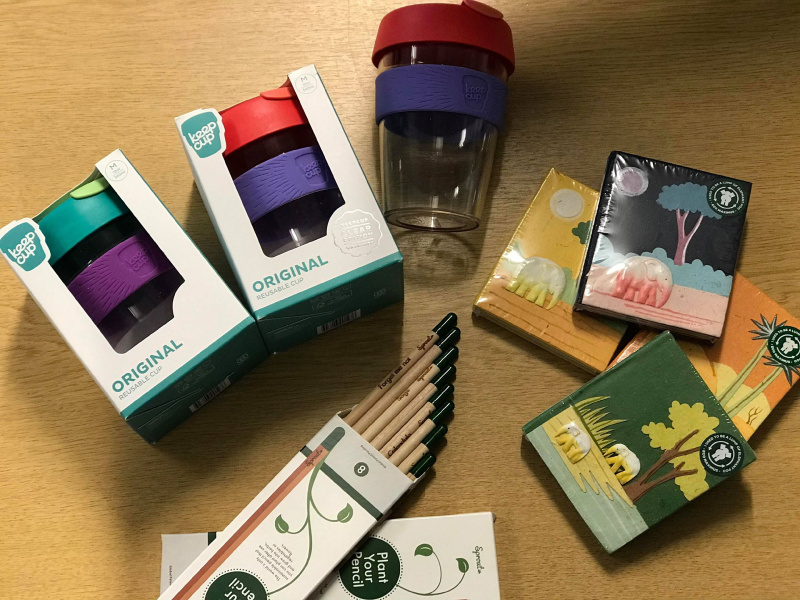Committed to the idea of a socially responsible university?
Applications are invited for the role of Social Responsibility Audit Assistant in the ‘European Students Sustainability Auditing’ Project (ESSA).
We are recruiting for a diverse group of six students from King’s College London to participate in the project between February and March. The Social Responsibility Audit Assistant role is open to all current King’s students who have an interest in social responsibility and sustainability.
The successful students will complete two days of training in February 2019 in Edinburgh and will act as host students for an institutional social responsibility audit of King’s which will be undertaken by students from Edinburgh, Porto and Kaunas University’s from the 11th March until 15th March in London.
It is important that we have a diverse range of skills and academic knowledge, we therefore endeavor to select our team from a range of backgrounds and academic degree programmes. We encourage applications from protected characteristics for this role and students from widening participation backgrounds specifically.
Please note that we also have resources in place to ensure that support is available to students who may have any kind of additional support needs and/or face financial barriers to participation in this kind of initiative.
How to apply
To apply for this opportunity please email an expression of interest to sustainability@kcl.ac.uk. This should be no longer than 2 sides of A4 and should highlight: your interest in the project, how you fulfill the person specification, what you hope to learn from being involved in the project, and confirm your availability for the dates indicated in time commitment.
The deadline for applications is Monday 14th January 2019 at 9am. For successful applicants there will be an informal group interview/ information session on Friday 18th of January from 12pm-2pm.
If you are unable to make this group interview due to exam or other commitments, please let us know in your application.
If you have any questions about the role please email sustainability@kcl.ac.uk
Summary
The ‘European Students Sustainability Auditing’ Project is a European-Union (EU) funded pilot project that aims to learn more about social responsibility and sustainability in universities across Europe.
Social Responsibility Audit Assistants will play a key role in the project by hosting audit students and helping bring together the findings from the audit to report to the Service Committee, a senior University governance group.
Participating students will have the opportunity to gain new skills, knowledge and work experience by undertaking this role. Student auditors will receive training to enable participation in the audits, aiding their own understanding and developing their skills, as well as contributing to the advancement of social responsibility and sustainability in European Higher Education. Participation in this can also be reflected in your Higher Education Achievement Record (HEAR).
Further information about the project is available online at www.essaproject.eu.
Person specification
The role is open to all students who have an interest in social responsibility and sustainability. The ideal candidate will possess the following skills and knowledge.
- Good communication skills, both verbal and written, and confidence in face-to-face engagement.
- Confidence to work independently and in a team and able to assist fellow team members to identify creative solutions to problems.
- Good analytical and research skills
- Excellent time management and leadership skills
- Some knowledge of the workings of universities and of social responsibility and sustainability issues and initiatives.
Time commitment
Social Responsibility Audit Assistants will attend two days of training in Edinburgh in February on 7th and 8th of February and participate in an audit of King’s College London on week commencing 11th of March until 15th of March in London. All Audit Assistants will be expected to write a short blog piece, reflecting on their experience in the project. The total time commitment is approximately 8 days.
All approved accommodation, subsistence and travel costs incurred by the student Audit Assistants through the role will be covered by the project, at the relevant official EU rates.
Skills and experience gained
Successful students applying for the role will gain the following skills and experience.
- Experience of working on an international project in a supported professional environment
- Insight into effective social responsibility and sustainability education
- Experience of communicating using a variety of different means
- Knowledge and understanding of the auditing process
- Ability to make evidence-based judgements
- Experience in advanced level reporting
- Ability to support and encourage others to perform
- Leadership skills
- Time Management
- Team development
- Project management.
Project partners
Partners in the project, which is led by the UK’s National Union of Students, include the European Students Union, the University of Porto and its students’ association, Kaunas University of Technology and its students’ association and the University of Edinburgh and its students’ association.






















